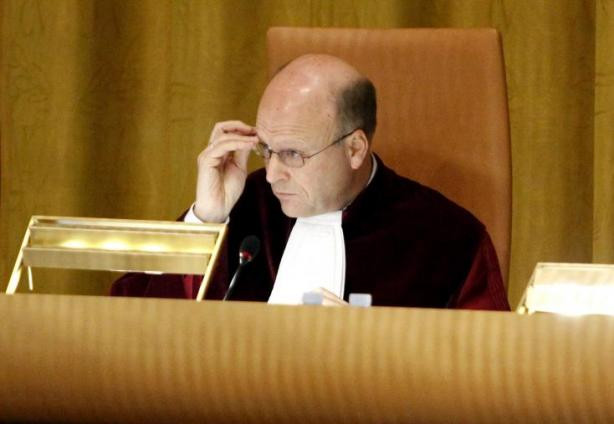Deutsches Weintor--a winemakers’ cooperative based in Ilbesheim, in the German state of Rheinland-Pfalz--has marketed its Dornfelder and Grauer/Weißer Burgunder wines using phrases such as “mild edition” and “gentle acidity,” according to court documents.
Its label included the statement that “it owes its mildness to the application of our special ‘LO3’ protective process for the biological reduction of acidity” and “gentle acidity” was clearly marked on bottle necks. And the firm’s catalogue summarised the wine as “mild edition – gentle acidity/easily digestible”.
Rheinland-Pfalz authorities said such language ran afoul of EU law, which prohibits all health claims in the labelling and marketing of any beverage containing more than 1.2% of alcohol by volume, including wine.
The company appealed the decision, which ultimately led to a case before Germany’s Federal Administrative Court. Deutsches Weintor argued “that the description ‘easily digestible’ does not refer to health but only to general well-being.” The German tribunal then asked the European Court of Justice if the rules infringed on the wine-producers’ fundamental rights under EU law to earn their living.
On Thursday the ECJ said no, the rules do not violate fundamental rights. “The prohibition strikes a fair balance between the protection of consumers’ health, on the one hand, and the freedom of producers and distributors to choose an occupation and to conduct a business, on the other.”
The court clarified that the EU restrictions applied to the case because “the description ‘easily digestible’ [was] accompanied by a reference to the reduced content of substances frequently perceived by consumers as being harmful.” That could be taken as a cue to drink more wine, the opposite objective of the EU’s intention to protect consumers’ health.
The Kirchberg-based ECJ also explained that a health claim not only refers to improving one’s health, but to preserving consumers’ current level of health.
The case will now return to Germany for final adjudication.
